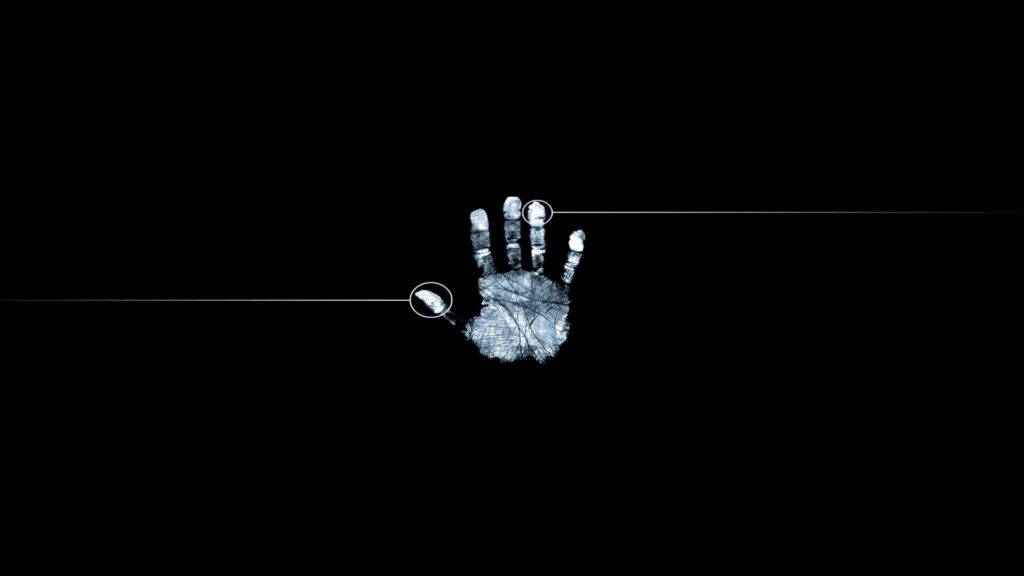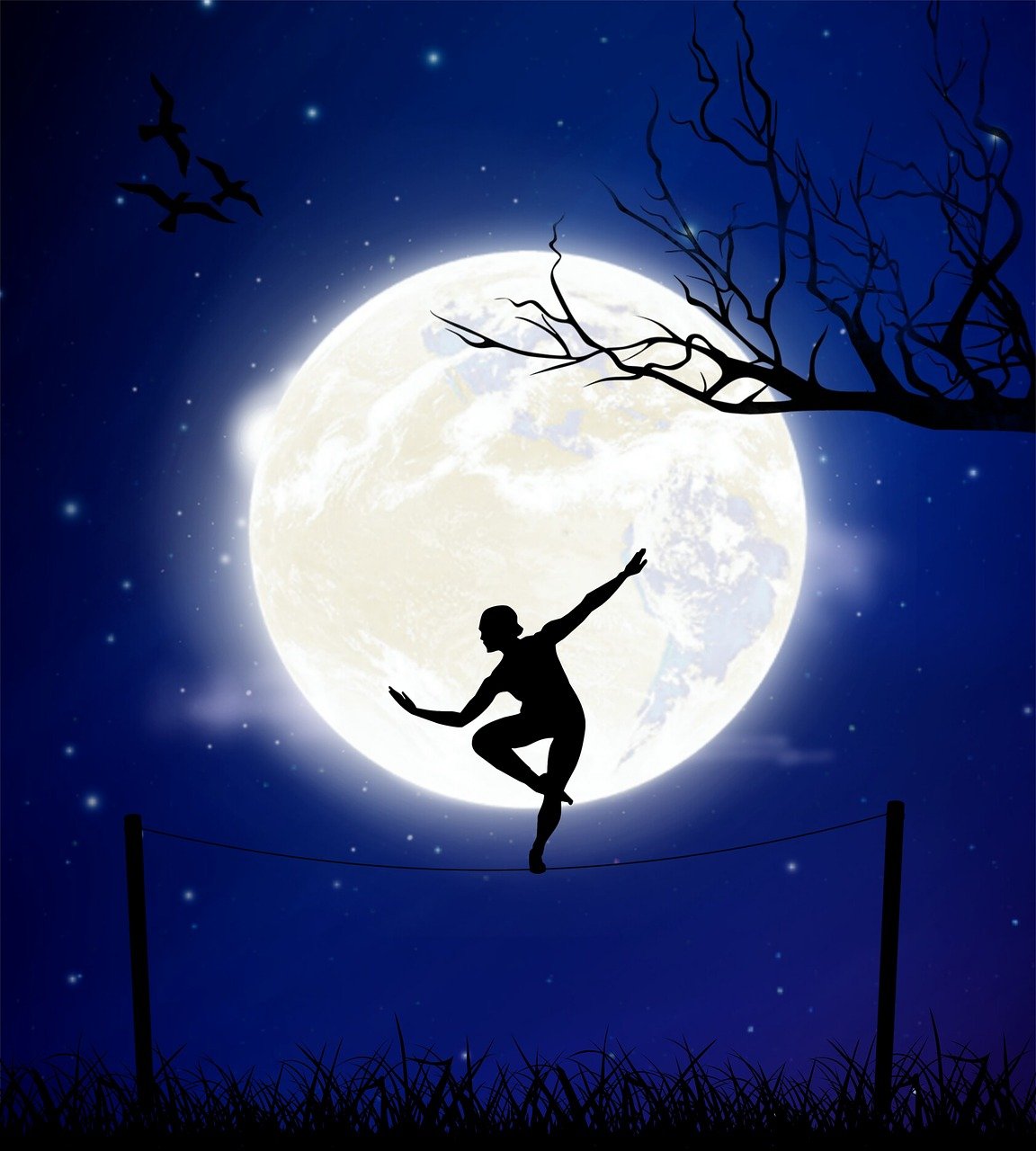TIPS AND TRICKS
UNFROZEN

UNFROZEN!
Where to find ideas to help the story. All of a sudden I'm up there and I forget what I do in the kitchen or in the car or at school! Help and Thank you! 🙂


First of all, know that it isn’t uncommon to have the brain freeze once in a while. You aren’t the only one.
Let’s dive into these two topics. “FIND IDEAS TO HELP THE STORY” and “UN-Freeze” the thoughts when it appears they have left.
There are many levels of frozen thoughts, ranging from momentary distractions, all the way to cognitive issues attributed to Alzheimer’s, Parkinson’s and “mini Seizures”. I’m just an improviser so let’s focus on the stress/anxiety causes. Later in this chat we’ll discuss “ideas to help the story”.
WHY’S MY BRAIN FREEEEZING?!?!
You’ve heard of FIGHT or FLIGHT? In stressful situations we will run from the danger or punch it in the nose. Most people forget a third behaviour, FREEZE, when our world stops functioning. FIGHT FLIGHT or FREEZE (FAWN is a fourth response but let’s save that for another day).
Animals experience the freezing mechanism when faced with the danger of a predator. They become immobile pretending to be dead, unconscious or invisible. They do this with the hopes that the enemy will not see them or just go away.
The fear that we won’t be able to do what others expect from us can overwhelm anyone. An audience can amplify the problem exponentially.
The brain pulls back and prepares the body to run or fight. It hopes the audience won’t notice and will leave us alone.
Our education might hold some of the blame for this weakness in our ability to cope. Schools didn’t teach us to relax or fail gracefully. Schools put pressure on us to succeed and survive! Failure was not an option.
We evolved in a system that judged, graded, and ranked us and many of us developed techniques to fight, flee and freeze rather than engage and incorporate the danger in our development.
And so, we spend our adult life taking meditation classes, Yoga classes, and improvisation classes to deal with what the education system taught us.
Warning: Technical stuff:
Here’s a look at what’s going on in your noggin!
Stress interferes with high-level executive-functioning areas in the brain. When we believe we are in danger, Neurochemical changes occur which weaken connections between the pre-frontal cortex and the amygdala. The stress response encourages a surge of norepinephrine and dopamine. Elevated levels of the chemicals tell the prefrontal cortex to shut off neuron firing by weakening synaptic connection points. And we need those connections to make things happen. Without them – we freeze. Luckily, this is only temporary and depending on how you think, behave, learn and cope, you can learn to deal with this itty bitty issue. It will be alright!
How to Deal with that Stress on Stage:
Time and Experience will often sort out freezing. Experience it enough and your brain will normalize the events like performance anxiety, audience, the unknown, and all the other things that trigger it. You’ll feel the pressure less over time as you re-educate yourself through experience.
I did a 52 hour marathon years ago and I’ve talked to many people who have performed in IMPROVISATION MARATHONS. There MIGHT be some pressure at the beginning of these events but 20 or 30 hours into it, all you are thinking is… “The past 20 hours didn’t kill me. I have another 30 hours ahead of me. It just doesn’t matter.” Do anything enough and your brain is taught that the activity holds no power over you.
BUT!!! Most of us don’t have the luxury to experience something as extreme as an improvisation marathon. And, we don’t want to wait until we’ve performed for 1000 hours in regular shows. We want to improve NOW!!!
ACCEPT THE FROZEN STATE – for now.
Begin a rehabilitation process to convince yourself of a more reasonable truth – “Mistakes” are useful opportunities for us to play with the unknown and find inspired possibilities that we don’t normally create with our intellect”.
When my son falls down on the ground he doesn’t cry or struggle to “fix the problem” immediately. He stays there for a while and looks around. He often discovers a benefit of the mistake -The forgotten toy under the sofa or the bug in the grass. And then… he moves forward.
This brings us to another unfreezing suggestion.
USE THOSE FROZEN MOMENTS
You are on stage. You are cooking in the kitchen with another character. You freeze. You feel this is a mistake and you can’t figure out what to do.
Instead of worrying about what to do or trying to fix it, stop doing anything at all for a moment. (Your hands drop the carrots and broccoli). You breathe. Comment on WHATEVER IS THERE (even if it is nothing) – “Jane, have you ever thought there is nothing? Absolutely NOTHING at all that makes a difference?”
The audience doesn’t see you making a declaration of uncertainty. They see an inspired offer. I’d much rather see this turn of events in the story than to watch another five minutes of pointless cooking. Pointing out your state of mind and bringing those details into the scene disarms a bit of the pressure on you and it offers the scene a fresh step forward.
At this point your partner will pick up the ball and add to your observation or… you might find inspiration in what you said. Maybe the words inspire a desire for change “I want a divorce. I’m leaving this kitchen, this house and you. I’m going to run away and join the nearest damned circus and get my inspiration back!”
It’s not being original. It simply redirects that pressure to hide your stress internally and allows you to use it externally… and discover what’s under the sofa!
People will often talk about their inner state of mind in scenes without knowing that’s what they are doing. I’m suggesting that you consciously take that inner state that might be freezing you and call it out. In that expression of vulnerability, you might find a path forward.
When you learn that it’s OK not to FIX the FREEZING but to play with it, you freeze a lot less.
Surround yourself with people you trust –
The isolated feeling that you are the only one in the storm of stress and expectations is a perpetual problem creator.
- You feel alone. That creates stress.
- You feel stress. That damages your abilities and awareness.
- Feeling that you can’t do it, shuts you down.
- You feel more isolated. The spiral continues.
Your entire team should talk during rehearsals about fear, isolation and freezing. Simply opening up the conversation and awareness gives everyone more connection and desire to help each other when the Freezing begins.
Develop a safe culture of care. Get others to think more about inspiring and caring for partners and less about themselves. Problems lose their power over you.. I promise you that when you start focusing OUTWARD on your partner you’ll freeze up less AND you will make stronger and less fear filled choices in scenes.
BREATHE –
It might seem obvious but BREATHING is an important thing to remember. The body’s reaction to stress has created a state where your breathing pattern is altered. A conscious choice fix it (a breath or two) can help to refocus you.
MOVE
We’ve already looked at a few methods to help the story when the brain freezes but this one is the most useful when that brain will not engage the mouth with a thought.
Move.
In some way, let your body do what it was made to do. And don’t worry about the story at first. The audience is happy to watch your physical movement for 30 seconds or longer if you do it calmly.
Reach out. Your brain can make sense of it. Don’t put pressure to justify yet. Close your fingers on it and define what you hand appears to be doing. (close your fingers -It appears to be a book. Read the recipie.) Walk across the room and reach out. You are at the end of the room. You open a window… because that feels right. You look outside. You yell at your son below and tell him that supper is ready.
Physicalize without thought then justify what your body appears to be doing. In some way you’ve gone from being the performer to an audience watching yourself.
CONNECT TO YOUR PARTNER
YOU AREN’T ALONE… Your mind goes blank. Find your partner. They are there for you.
- Take their hand, (physical contact is a useful deterrent to stress)
- “Ask for help” finishing the task,
- Ask them “WHAT DO WE DO NOW?” (This techinically is a “WIMPING” manouveur BUT it can be a useful initiative to draw your partner into a helpful state)
- Ask them any question. (offer them control of the scene)
- Deepen a relationship in the scene.
- Make a compliment.
It’s easy to be overwhelmed with possibilities.
Like martial arts you have to practice using the ideas until they become second nature and spring from you like a parachute when you need them.
So, memorize three tactics that you will place within reach on your tool belt.
(Example:
- REACH OUT (be physical) AND JUSTIFY,
- EXPRESS YOUR ACTUAL STATE OF MIND IN CONTEXT OF THE SCENE or
- ASK A QUESTION )
When freezing begins, second nature should take over and you can grab for one of the tools that you have close by.
OR… memorize JUST 1 thing!
For things I work on, I would often pick just ONE thing (one tool, one tactic, one topic). Minimizing choices helped me to actually remember what I was trying to work on and get some real practice using it on stage. Even THREE ideas for some people can mean that you work on NONE of them because the stress will make you forget ALL of them. Having just ONE solution at a time can help.
Additionally, have allies! Talk with other performers before the show and HELP EACH OTHER to remember what you want to work on and what tools you want to practice with.
You aren’t alone. Help others and help others help you.




0 Comments